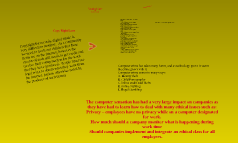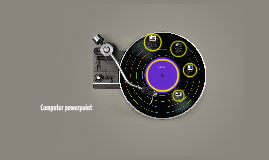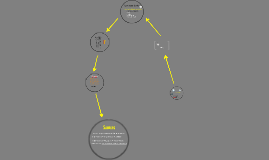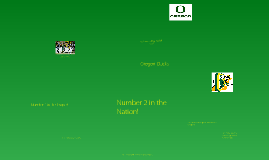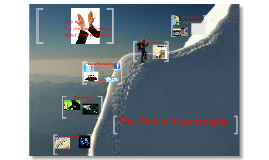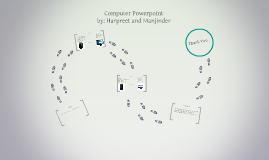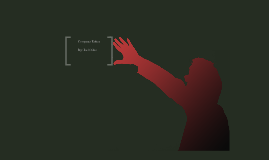Computer Ethics
Transcript: High Five! You are now informed about internet dangers Learn to block and ignore people The climb to internet safety Chatrooms Avoid hacking by NOT making an obvious password People have unrealistic identities Make sure you're not.... Predators! This includes, but it’s not limited to: cell phone number home address class schedule social plans If you don't take these precautions, be prepared for anyone to find you/track you down, any time of the day or night! The internet has opened many doors, icluding the one that allows predators in :O Social Networking If a password is not yours, don't use it! ALWAYS use a nick name Once a message is out there, there is no way to get it back Revealing too much This information is available to everybody including..... Have control over who can access your information Stranger Danger ! Think before you send a message Ladiesman217 Hacking False sence of security These people often sit at home and use false identities to talk to you Once they have gained your trust they will most likely invite you to meet them, or the will find your house and wait for you Hacking is a federal offence that can send you to jail Do not post private information! Change password once in a while Never give out personal details Utilize "Privacy" settings






